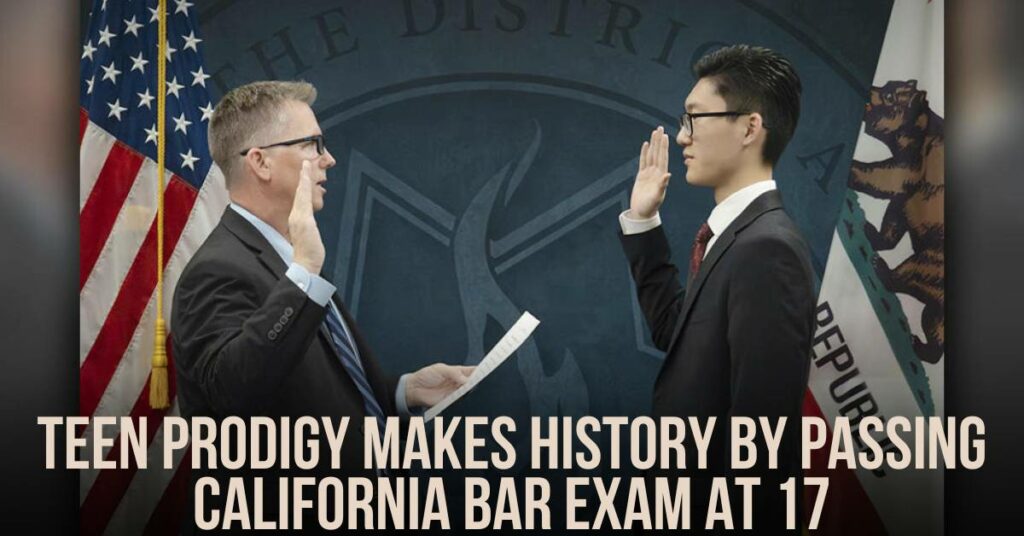In the coming months, the fate of California’s 2024 ballot will rest in the hands of the California Supreme Court, as it weighs whether to retain or strip away the “Taxpayer Protection and Government Accountability Act.” This measure, backed by business and taxpayer advocacy groups, seeks to grant voters more influence when it comes to state and local tax and fee increases.
The Key Components of the Act
The Taxpayer Protection and Government Accountability Act introduces several provisions to empower voters:
- Voter Approval Requirement: The act mandates that voters have the final say on future taxes and fees imposed by state and local governments.
- Cancellation of Taxes and Fees: Any new taxes and fees implemented from 2022 onward would be automatically nullified unless approved by voters within a year of the act taking effect.
Legal Battle and Petitioners
The act gained eligibility for the 2024 ballot after securing over 1 million valid signatures. However, in a twist of events, the governor and Democratic legislative leaders urged the California Supreme Court to preemptively remove it from the ballot. Their primary concern is that the act could hinder the government’s ability to fund essential services.
The California Legislature is named as a primary petitioner in the case, despite not all lawmakers voting or agreeing to be part of the lawsuit. The lack of a formal process within the Legislature to decide on litigation involvement has sparked controversy. The involvement necessitated the hiring of external attorneys using taxpayer dollars, with the cost still undetermined.
Supporters and Critics
Supporters of the Taxpayer Protection Act argue that it reflects the desires of California taxpayers to have control over government decisions and taxation. Jon Coupal, President of the Howard Jarvis Taxpayers Association, emphasizes the act’s popularity, asserting that attacks against it stem from the belief that it will pass if on the ballot.
However, opponents, including Governor Gavin Newsom’s office, label the act as a radical restructuring of the government system. They argue that it could impede the state’s ability to respond to future crises and jeopardize essential services.
Legal Scrutiny: Constitutional Change and Government Functions
The California Supreme Court’s decision hinges on two primary questions:
- Constitutional Impact: Would the Taxpayer Protection Act alter the state constitution, a move typically outside the scope of ballot initiatives?
- Impact on Government Functions: Would the act impair essential government functions?
Legal experts find the case intriguing, emphasizing the delicate balance between the power of the people and legislative authority. McGeorge School of Law Professor Chris Micheli notes the complexity of the case, with arguments expected in March and a decision anticipated by late June, just before the finalization of ballot initiatives.
As California awaits this pivotal decision, the outcome will not only shape the 2024 ballot but also influence the ongoing discourse surrounding the people’s role in governance and taxation.




